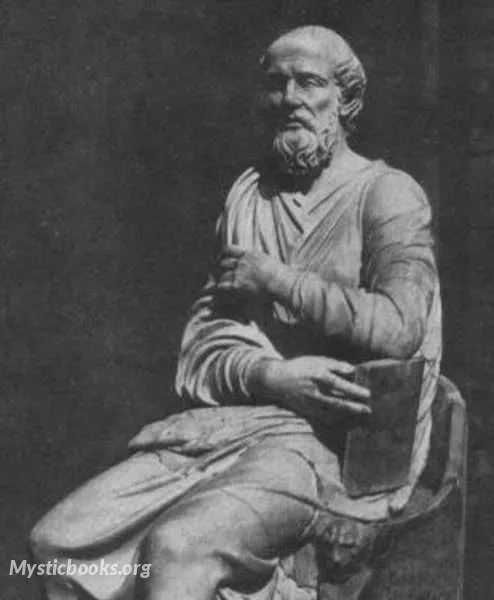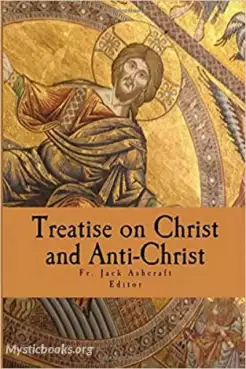
Timeline
Title
Country/Nationality
Hippolytus of Rome
Hippolytus of Rome was one of the most important second-third century Christian theologians, whose provenance, identity and corpus remain elusive to scholars and historians. Suggested communities include Palestine, Egypt, Anatolia, Rome and regions of the mideast. The best historians of literature in the ancient church, including Eusebius of Caesarea and Jerome, openly confess they cannot name where Hippolytus the biblical commentator and theologian served in leadership. They had read his works but did not possess evidence of his community. Photios I of Constantinople describes him in his Bibliotheca (cod. 121) as a disciple of Irenaeus, who was said to be a disciple of Polycarp, and from the context of this passage it is supposed that he suggested that Hippolytus so styled himself. This assertion is doubtful. One older theory asserts he came into conflict with the popes of his time and seems to have headed a schismatic group as a rival to the bishop of Rome, thus becoming an antipope. In this view, he opposed the Roman Popes who softened the penitential system to accommodate the large number of new pagan converts. However, he was reconciled to the Church before he died as a martyr.
Starting in the fourth century, various legends arose about him, identifying him as a priest of the Novatianist schism or as a soldier converted by Saint Lawrence. He has also been confused with another martyr of the same name. Pope Pius IV identifies him as "Saint Hippolytus, Bishop of Pontus" who was martyred in the reign of Severus Alexander through his inscription on a statue found at the Church of Saint Lawrence in Rome and kept at the Vatican as photographed and published in Bunsen.
Little is known for certain about his community of origin. One Victorian theory suggested that as a presbyter of the church at Rome under Pope Zephyrinus (199–217 AD), Hippolytus was distinguished for his learning and eloquence. It was at this time that Origen, then a young man, heard him preach.
In this view, Hippolytus accused Pope Zephyrinus of modalism, the heresy which held that the names Father and Son are simply different names for the same subject. Hippolytus championed the Logos doctrine of the Greek apologists, most notably Justin Martyr, which distinguished the Father from the Logos ("Word"). An ethical conservative, he was scandalized when Pope Callixtus I (217–222 AD) extended absolution to Christians who had committed grave sins, such as adultery.
Some suggest Hippolytus himself advocated a pronounced rigorism. At this time, he seems to have allowed himself to be elected as a rival Bishop of Rome, and continued to attack Pope Urban I (222–230 AD) and Pope Pontian (230–235 AD). G. Salmon suggests that Hippolytus was the leader of the Greek-speaking Christians of Rome. Allen Brent sees the development of Roman house-churches into something akin to Greek philosophical schools gathered around a compelling teacher.
Also under this view: during the persecution at the time of Emperor Maximinus Thrax, Hippolytus and Pontian were exiled together in 235 to Sardinia, likely dying in the mines. It is quite probable that, before his death there, he was reconciled to the other party at Rome, for, under Pope Fabian (236–250 AD), his body and that of Pontian were brought to Rome. The so-called Chronography of 354 (more precisely, the Liberian Catalogue) reports that on August 13, probably in 236, the two bodies were interred in Rome, that of Hippolytus in a cemetery on the Via Tiburtina, his funeral being conducted by Justin the Confessor. This document indicates that, by about 255, Hippolytus was considered a martyr and gives him the rank of a priest, not of a bishop, an indication that before his death the schismatic was received again into the Church.
Books by Hippolytus of Rome

Treatise on Christ and Antichrist
In this late second century treatise, Hippolytus gives an excellent summary of Early Christian thinking on the subject of the antichrist. Familiar texts from Daniel and Revelation are treated together with his own current events to give a unique pers...